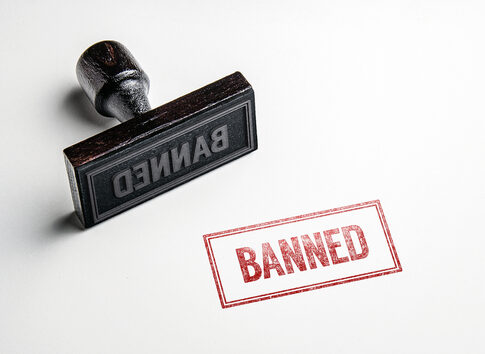Brazilian Supreme Court Justice Alexandre de Moraes, often dubbed "Darth Vader" by his critics, has intensified his legal battle with Elon Musk by freezing the financial accounts of Starlink Holdings, a subsidiary of SpaceX. This move follows the judge's earlier threat to suspend the operations of Musk's social media platform, X, in Brazil. The confrontation stems from Musk's refusal to comply with court orders demanding censorship of content on X, which Moraes alleges violates Brazilian law.
The conflict escalated when Moraes issued a subpoena against Starlink after Musk failed to appoint a new legal representative for X within 24 hours, as demanded by the court. The Brazilian justice system had previously sanctioned X's bank accounts to ensure payment of fines imposed for non-compliance with censorship orders. Musk responded fiercely, accusing Moraes of being a "dictator" and vowing that the judge would face justice for his actions.
https://x.com/pcgamer/status/1829197448444563870
Musk's defiance has been unyielding. He declared that Starlink would continue to provide internet services in Brazil, especially to remote schools and hospitals, even without receiving payments due to the frozen accounts. Musk also announced that SpaceX would offer these services for free until the legal standoff is resolved, highlighting the company's commitment to its users despite the financial blockade.
This legal battle has broader implications, as it pits Musk's vision of free speech against what he perceives as authoritarian overreach by Brazil's judiciary. Musk has repeatedly criticized Moraes, describing him as an "outright criminal" and accusing the Brazilian government of using the judiciary to suppress political opposition. The situation has drawn significant attention, with Musk promising to publish all court filings and demands from Moraes in the interest of transparency.
https://x.com/NewsLiberdade/status/1776998372492165226
The tension between Musk and the Brazilian government underscores the challenges faced by multinational tech companies operating in diverse legal environments. As the situation unfolds, it raises questions about the balance between respecting local laws and upholding global principles of free speech. Musk's decision to publicly challenge Brazil's judiciary is a high-stakes gamble that could have lasting repercussions for his business interests in the country.
Despite the ongoing conflict, Starlink's services remain crucial for many remote communities in Brazil, where traditional internet infrastructure is lacking. The outcome of this legal battle could determine the future of internet access for these regions and set a precedent for how tech giants navigate legal challenges in authoritarian-leaning jurisdictions.
Musk's bold stance has also sparked a broader debate about the role of technology in upholding or challenging state power. As Brazil's Supreme Court continues to push for compliance, the world's attention remains fixed on how this unprecedented clash between a tech titan and a nation's judiciary will unfold.


